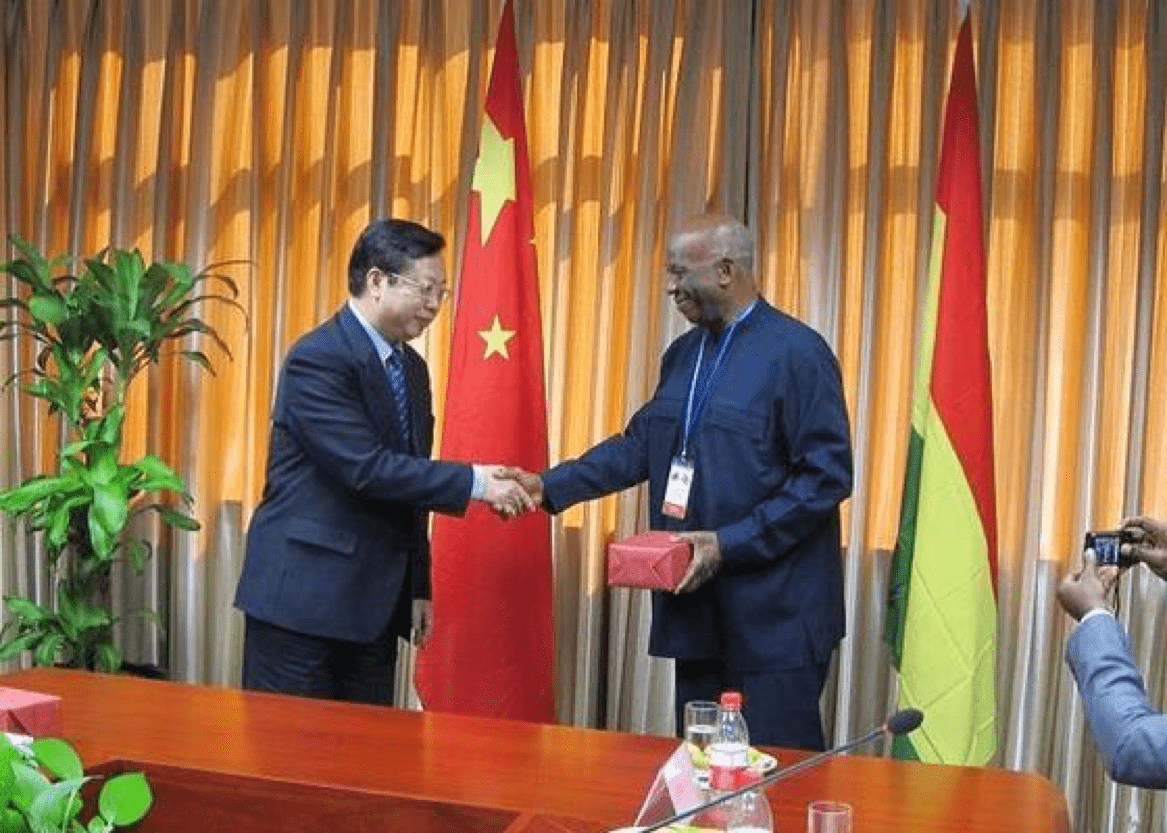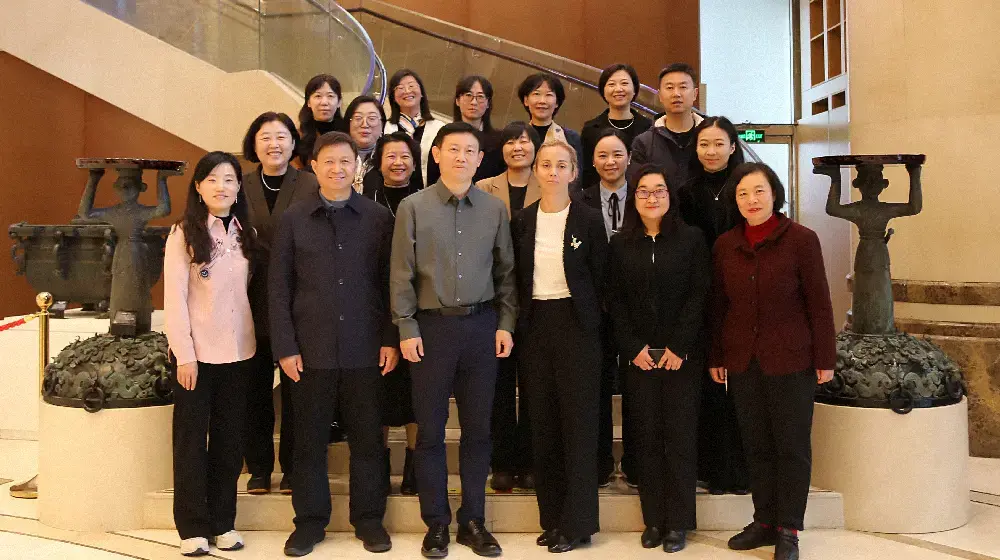Through the facilitation of UNFPA China and Ghana offices, a high level delegation from Ghana composed of senior officials and representatives from the National Population Council (NPC), Ministry of Finance and Economic Planning, Ministry of Employment and Social Welfare, Ghana Health Services and the Planned Parenthood Association of Ghana paid a study visit to China in September. With the purpose of learning how China develops, implements and monitors its population and development policies and programmes and trying to identify possible areas of collaboration between the two countries, the delegation met with their Chinese counterparts from National Population and Family Planning Commission (NPFPC), Ministry of Health, China National Commission of Ageing, China Population and Development Research Center, China Family Planning Association, as well as the private sector.
Ghana and China are at different stages of demographic transitions. Whereas issues of ageing, urbanization and migration are of concern in China, key priority issues for Ghana include a youthful population, high maternal and child mortality rates, low contraceptive coverage and rapid urbanization coupled with internal migration of young people.
As a result of the intensive discussions and field visits facilitated by UNFPA and its partners in China, at the end of this study visit, the Ghana delegation proposed a number of areas for possible collaboration between the two countries. Specifically, the below priorities will be likely taken further potentially with support from the Chinese counterparts:
Capacity Building in population/development analysis and integration using Population Administration and Decision Information System Software and in identified reproductive health delivery, including Sino-implant II insertion, removal and counselling, and comprehensive emergency obstetric care
• Establishment of a national population information database for Ghana, as a basis for effective integration of population into development planning
• Establishment of model reproductive health centres to provide a comprehensive range of reproductive health services particularly in the public sector
• Creation of a platform for international exchange and cooperation through the collaboration/participation in population and development activities/conferences, sharing of best practices in areas such as reproductive health, ageing, adolescents/youth, etc.
• Increase supply of high quality and affordable family planning and reproductive health commodities.





